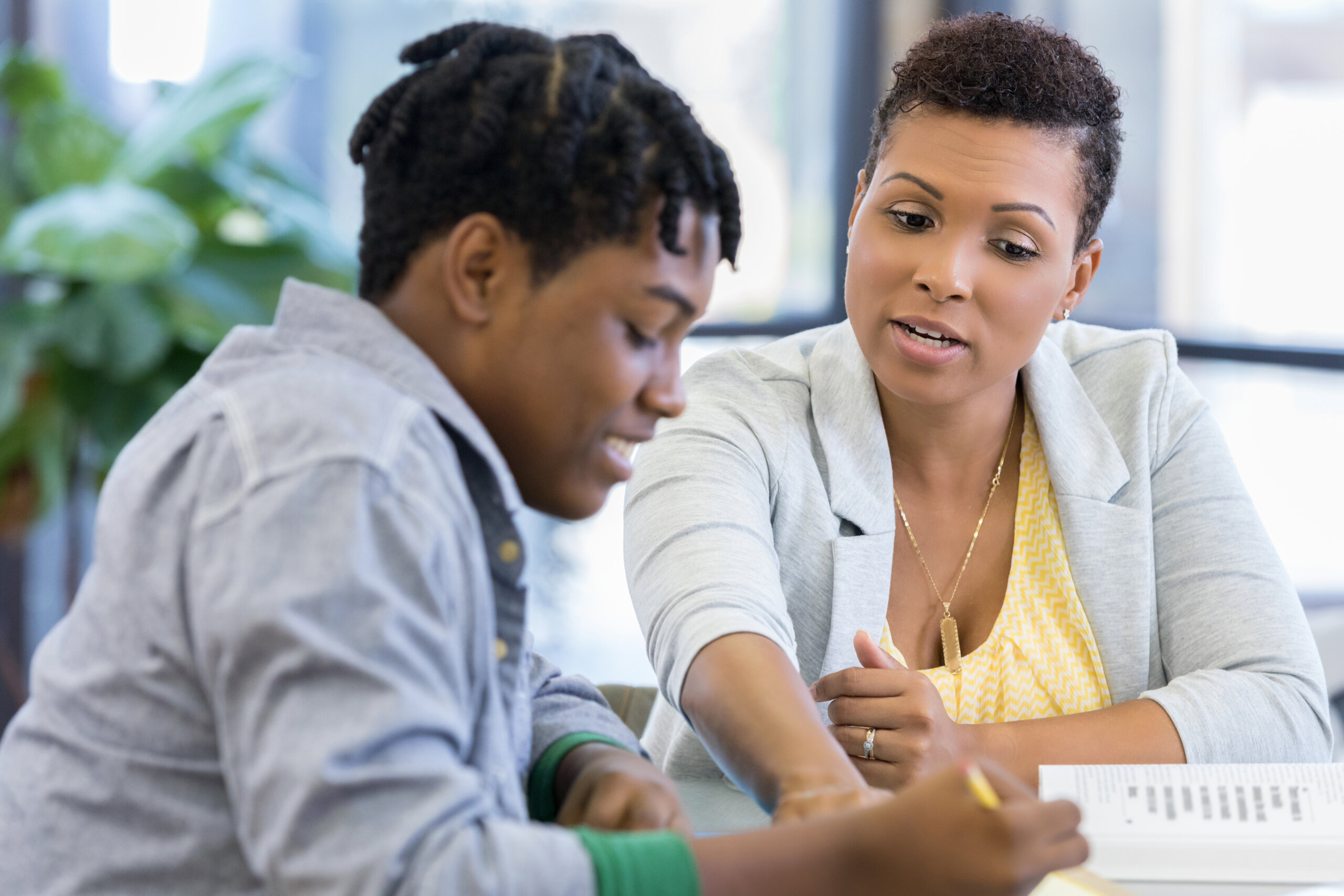
What was once a role focused on getting students out the classroom and into careers, school counselors are now responsible for so much more. They must focus on the mental health, behavioral health, emotional wellbeing and psychosocial development of the students they serve. High-profile headlines of mass shootings, unjustified brutality, fentanyl overdoses and hate speech on social media can trigger emotions of past traumas for young people and create a school environment of acting out, withdrawal and falling behind on academics. So how can school counselors help mitigate the mental health crisis occurring among our nation’s children?
“School counselors play a significant role in promoting student success, fostering emotional health and shaping the leaders of tomorrow,” said Jaspreet Kaur, school counselor coordinator. “Unfortunately, across the country there is a lack of understanding and consistency in the role of the school counselor. And with a shortage of professionals and insufficient funding, we have a system that often underserves minority students, those from low-income households and others most in need of help.”
This past National School Counseling Week (February 6-10, 2023) emphasized funding to hire more counselors. There are more than 130 child-focused organizations petitioning the White House to declare a federal national emergency in children’s mental health. Some states are proposing legislation to address the need – such as California’s plan to fund an additional 10,000 school counselors.
The goals are admirable – and needed – but it will take years to achieve the recommended 1:250 counselor to student ratio, as suggested by the American School Counselor Association (ASCA) from the current rate of 1:482.
“School counselors support students in three domains: academic, career and social-emotional development as recommended by the ASCA,” said Kaur. She points out some of the key strategies for counselors working with students who are struggling:
- When violent events trigger past traumas, school counselors and school staff must try to keep routines as normal as possible. Students gain security from the predictability of routine, including attending school. Kaur says it’s important to encourage students to limit exposure to television and the news during such times/events. “Be available to listen to students’ fears and concerns and reassure them of the good in life.”
- The school counselor should be one of the first people to intervene with students who are struggling academically. School counselors often have a very large caseload, and it can be difficult to keep up with all the students to whom they’re assigned. But it is part of the counselor’s job to look for students who are slipping through the cracks academically and intervene with resources and support to help them overcome obstacles.
- Every student has a life outside of school. Take into consideration the emotional weight they may be carrying with them every day and how current events may affect them. School counselors who take time to identify and learn more about the student’s unique story or point of view will build trust, understanding and transparency.
We have created extra layers of support for students in need and have an average counselor to student ratio of 1:250. Counselors are supported by resources to provide wraparound services and all staff are trained in trauma-resilient practices. Unlike most schools, our counselors act as part of a school team of student support professionals that include school psychologists, social workers and mentors.
